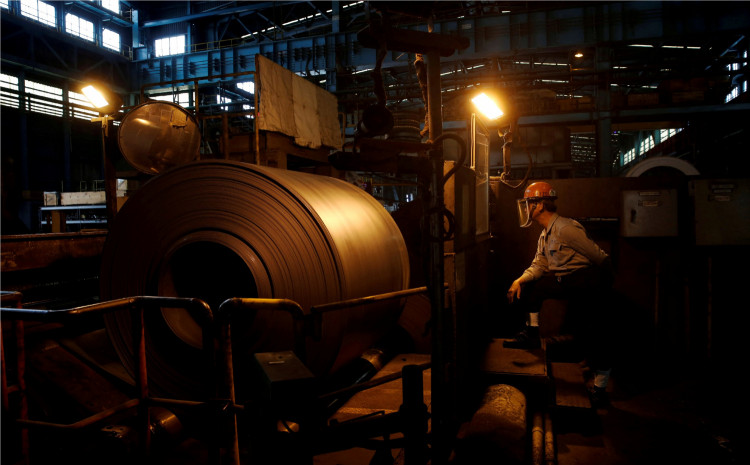Chinese steel futures recovered on Wednesday after five weeks of low trade as concerns over the impact of the trade war between the United States and China subsided. Prices of steelmaking raw materials, including iron ore, rebounded.
Benchmark construction steel rebar on the Shanghai Exchange gained 0.9 percent to 3.704 yuan per tonne regaining from two days of losses. On Tuesday, Chinese steel futures is down to its lowest in more than five weeks because of the heightened concern of investors on the economic impact of the China-United States trade friction.
The market's hope is high after the two giant economies expressed optimism that they will resolve the dispute. On Monday, President Donald Trump announced that he plans to meet Chinese president Xi Jinping in June as the conflict between them intensifies.
Chinese State Councillor Wang Yi commented that he assumed that the last negotiations in China would be successful. He said that China and the United States have the "ability and wisdom" to reach a trade deal that is good for both.
On Tuesday, the most-active rebar contract in the Shanghai Futures Exchange is down by 1.3 percent at 3,595 yuan per tonne. The decline in steel futures followed the announcement of China that they will retaliate the rise of tariffs of the United States by raising tariffs on most Imports of the United States.
China will impose a 25 percent increase on tariffs of $60 billion United States products imported to China. It is in response to the increase in duties from 10 percent to 25 percent imposed on $200 billion of Chinese goods. On Tuesday, Hot rolled coil that is used in cars and home appliances closed with a 1.3 percent loss at 3,595 yuan per tonne.
Hot rolled coil recovered on Wednesday after gaining 1percent to 3.637 yuan per tonne.
Recently, the United States president commented that the trade war is just a "little squabble" and he said that negotiation for the trade conflict will continue.
Darren Toh, a data scientist with Singapore-based steel and iron ore data analytics company Tivlon Technologies, said that the concern about trade tariffs is temporary and steel demand within China remains strong. He added that steelmakers in China are still making profits, and demand is intact even as crude steel production remains high.
Official data from China showed that the country's crude steel production is up by 12.7 percent from March to April. It is the highest monthly level record which is backed by firm demand and good profitability in steelmaking.





